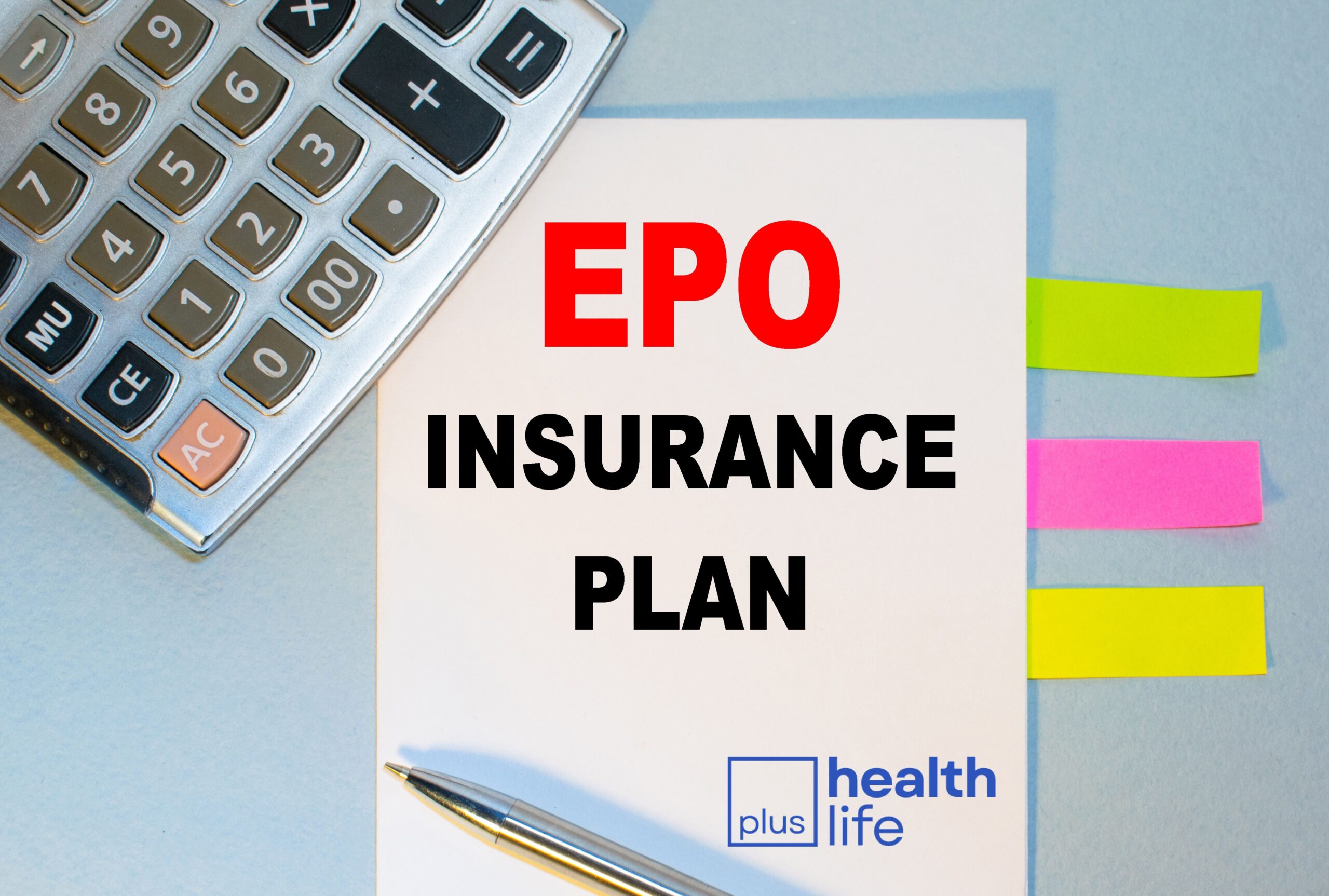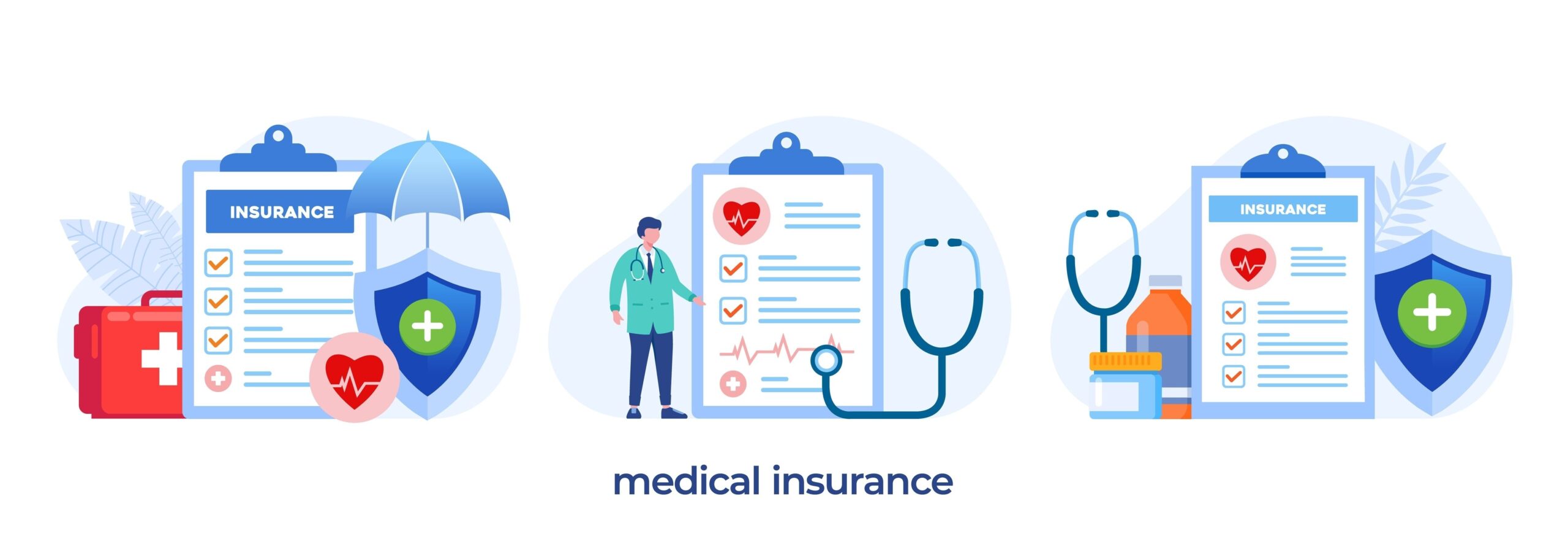
In the ever-evolving landscape of health insurance, the Exclusive Provider Organization (EPO) plan stands out as a hybrid model, merging elements of flexibility and structured care. EPO, or Exclusive Provider Organization, represents a specific type of health plan where coverage is limited to doctors, specialists, and hospitals within the plan’s network, except in emergency situations. If you’re like many of us, you might be wondering: What is an EPO? This approach to health insurance offers a middle ground between the rigid network restrictions of Health Maintenance Organizations (HMOs) and the broader choice (and often higher costs) associated with Preferred Provider Organizations (PPOs) and Point of Service (POS) plans.
Speak With a Licensed Insurance Agent
Call Now (888) 828-5064 TTY 711
Introduction to EPO Health Insurance Plans
So, what is an EPO? EPO plans carve out their niche by eliminating the need for primary care physician (PCP) referrals and offering a focused network of providers. This streamlined structure is designed to simplify the care process, making it a compelling choice for individuals seeking a balance between network freedom and cost efficiency. As HealthCare.gov explains, this type of managed plan only covers services if you go to in-network providers, other than in the case of an emergency.
What is an EPO: How These Plans Work?
At their core, EPO plans operate on a network-based system, where enrollees must seek care from providers within the EPO network to be covered. This network is curated by the insurance company, providing a selected group of healthcare providers that meet specific standards. The main appeal of EPOs lies in their straightforward approach: as long as you stay within the network, you’re covered. There’s no need to fret over choosing a primary care physician or obtaining referrals for specialists, which streamlines the healthcare experience and grants patients more direct access to the services they need.
EPOs emphasize the importance of understanding your health plan’s network. Venturing outside this network without it being an emergency means footing the entire bill, a potential financial risk that underscores the need for careful provider selection.

What are the Benefits of Choosing an EPO Plan?
- EPO plans offer a balance between having a restrictive network of providers and the cost of premiums. They tend to be less expensive than PPO (Preferred Provider Organization) plans.
- There is no need for a referral from a primary care physician (PCP) to see a specialist, which adds a level of flexibility and simplifies access to specialized healthcare services.
- EPO plans have a specific network of providers which can lead to better coordination and quality of healthcare services, potentially improving care management and patient satisfaction.
Key Health Insurance Features If You’re Wondering What is an EPO
The hallmark of EPO plans lies in their network-centric approach, which eliminates the need for PCP referrals. This feature not only simplifies the healthcare journey for many but also empowers patients with the freedom to directly seek specialist care as needed. Additionally, EPO networks are meticulously curated, offering a wide range of providers and specialists committed to delivering quality care. This selection process ensures that while the network might be exclusive, it is comprehensive enough to meet a wide array of healthcare needs.
Understanding the scope of network providers is crucial in an EPO plan. The network’s size and quality can significantly impact your access to care, especially if you require specialized services. It’s a balancing act between network exclusivity and the breadth of available healthcare options.
Speak With a Licensed Insurance Agent
Call Now (888) 828-5064 TTY 711
EPO Plan Compared to Other Health Insurance Plans
So, let’s continue answering the main question: What is an EPO? EPOs stand in contrast to other health insurance plans through their unique blend of network flexibility and cost management. Unlike HMOs, which typically require PCP referrals and limit out-of-network care, EPOs offer direct access to specialists within their networks. PPOs and POS plans, while providing broader provider options, often come with higher premiums and out-of-pocket costs.
Provider Network Flexibility:
EPO: Offers a network of doctors and hospitals. You can see any specialist within the network without a referral.
HMO: Also has a network, but typically requires you to choose a primary care physician (PCP) who coordinates your care and provides referrals to specialists within the network.
PPO: Provides a large network and allows for more flexibility; you can see specialists without a referral and use out-of-network providers, though at a higher cost.
POS: A hybrid of HMO and PPO; you need a PCP referral to see specialists but have the option to go out-of-network at a higher cost.
Cost Management:
EPO: Generally offers lower premiums than PPOs and POS plans because it restricts out-of-network care.
HMO: Often has the lowest premiums and out-of-pocket costs among all plan types due to tight network restrictions.
PPO: Higher premiums due to greater flexibility; out-of-network care is covered but with significant co-pays or co-insurance.
POS: Premiums and costs can vary; out-of-network options are available but will increase out-of-pocket expenses.
Referral Requirements for Specialists:
EPO: No referral is needed to see in-network specialists.
HMO: Requires a referral from your PCP to see specialists.
PPO: No referral needed for any specialists.
POS: Referral from PCP required for in-network specialists; out-of-network specialists can be seen without a referral but at a higher cost.
Coverage for Out-of-Network Care:
EPO: Typically does not cover out-of-network care except in emergencies.
HMO: Rarely covers out-of-network care, except for emergencies.
PPO: Offers coverage for out-of-network care but at higher out-of-pocket costs than in-network services.
POS: Covers both in-network and out-of-network care, but out-of-network services come with higher costs.
Premiums vs. Out-of-Pocket Costs:
EPO: Lower premiums compared to PPOs and POS plans; however, out-of-pocket costs can be higher if you go outside the network.
HMO: Low premiums and generally lower out-of-pocket costs when staying within the network.
PPO: Higher premiums; the trade-off is greater provider flexibility and out-of-network coverage.
POS: Premiums and out-of-pocket costs are a balance between HMO and PPO plans.
Freedom in Choosing Providers:
EPO: Limited to providers within the network for full coverage.
HMO: Must use network providers; PCP acts as gatekeeper.
PPO: Great freedom in choosing providers; not limited to the network.
POS: Some freedom with the option to go outside the network at additional cost.
Understanding the Costs Associated with EPO Plans
Fully understanding the cost structure of EPO plans requires a keen eye on premiums, copays vs. deductibles, and out-of-pocket maximums. EPOs often feature competitive premiums due to their network restrictions, which can translate into cost savings for the enrollee. However, understanding the deductible and copayment requirements is essential for gauging the plan’s overall cost-effectiveness.
When evaluating an EPO plan’s affordability, consider not only the premium but also how the deductible and copayments align with your healthcare usage. Plans with lower premiums might carry higher deductibles, making them more suitable for those with fewer medical needs.
Choosing Healthcare Providers within an EPO Network
Selecting healthcare providers within an EPO’s network is a critical step in maximizing your plan’s benefits. This process involves researching network providers to ensure they meet your healthcare needs and preferences. Most EPO plans offer online directories to aid in this selection, allowing you to verify provider credentials, specialties, and locations.
The size and diversity of an EPO network can greatly influence your access to care. A robust network means more options and potentially better coverage for specialized services. It’s a vital consideration for those with specific health conditions or preferences.
EPO Plan Limitations and Considerations
While EPO plans offer many advantages, they also come with limitations, notably the strict network restrictions. Out-of-network care, except in emergencies, is typically not covered, which could pose challenges for those who travel frequently or require specialized care not available within the network.
Understanding these limitations is crucial for anyone considering an EPO plan. It’s about weighing the balance between network restrictions and the potential for lower healthcare costs. For some, the trade-off is worth it; for others, the limitations might be a deal-breaker.
How to Enroll in an EPO Plan
Enrolling in an EPO plan involves familiarizing yourself with enrollment periods and eligibility criteria. Most people enroll during open enrollment periods, but certain life events, such as moving or losing previous health coverage, can qualify you for special enrollment periods. Researching and comparing EPO plans is easier than ever, thanks to online marketplaces and insurance comparison tools.
Preparation and knowledge are key to selecting the right EPO plan. Utilize resources like state health insurance marketplaces to compare plans, focusing on network size, coverage details, and cost structures. This due diligence can lead to a more informed and satisfactory choice.
Speak With a Licensed Insurance Agent
Call Now (888) 828-5064 TTY 711
HealthPlusLife’s Tools and Resources for Understanding What is an EPO
HealthPlusLife is dedicated to helping you demystify the world of EPO plans. Our comprehensive resources, including detailed articles, comparison tools, and personalized assistance, are designed to empower you with the knowledge to make informed health insurance decisions. Whether you’re exploring EPO plans for the first time or looking to switch, HealthPlusLife provides the support and insight you need.
We encourage you to visit www.healthpluslife.com and tap into our wealth of information on EPO plans and other health insurance options. Our goal is to ensure you have access to the tools and advice necessary to choose the best health insurance plan for your needs.
Is an EPO Plan Right for You?
Even after determining what is an EPO, deciding whether an EPO plan is the right choice hinges on a careful evaluation of your healthcare needs, financial situation, and preferences regarding provider access. EPO plans offer a compelling mix of network-focused care and potential cost savings, making them an attractive option for many. However, the restrictions on out-of-network care and the importance of provider selection cannot be overlooked.
As you consider your options, weigh the benefits and limitations of EPO plans against your personal healthcare requirements. Remember, the best health insurance plan is one that not only meets your medical needs but also aligns with your financial capabilities and lifestyle. With the right information and resources, you can make your way through the health insurance landscape confidently, making informed decisions that enhance your healthcare experience and well-being. If you’d like to get help from HealthPlusLife, we’re here for you. Contact us online or call 888-828-5064 today.





